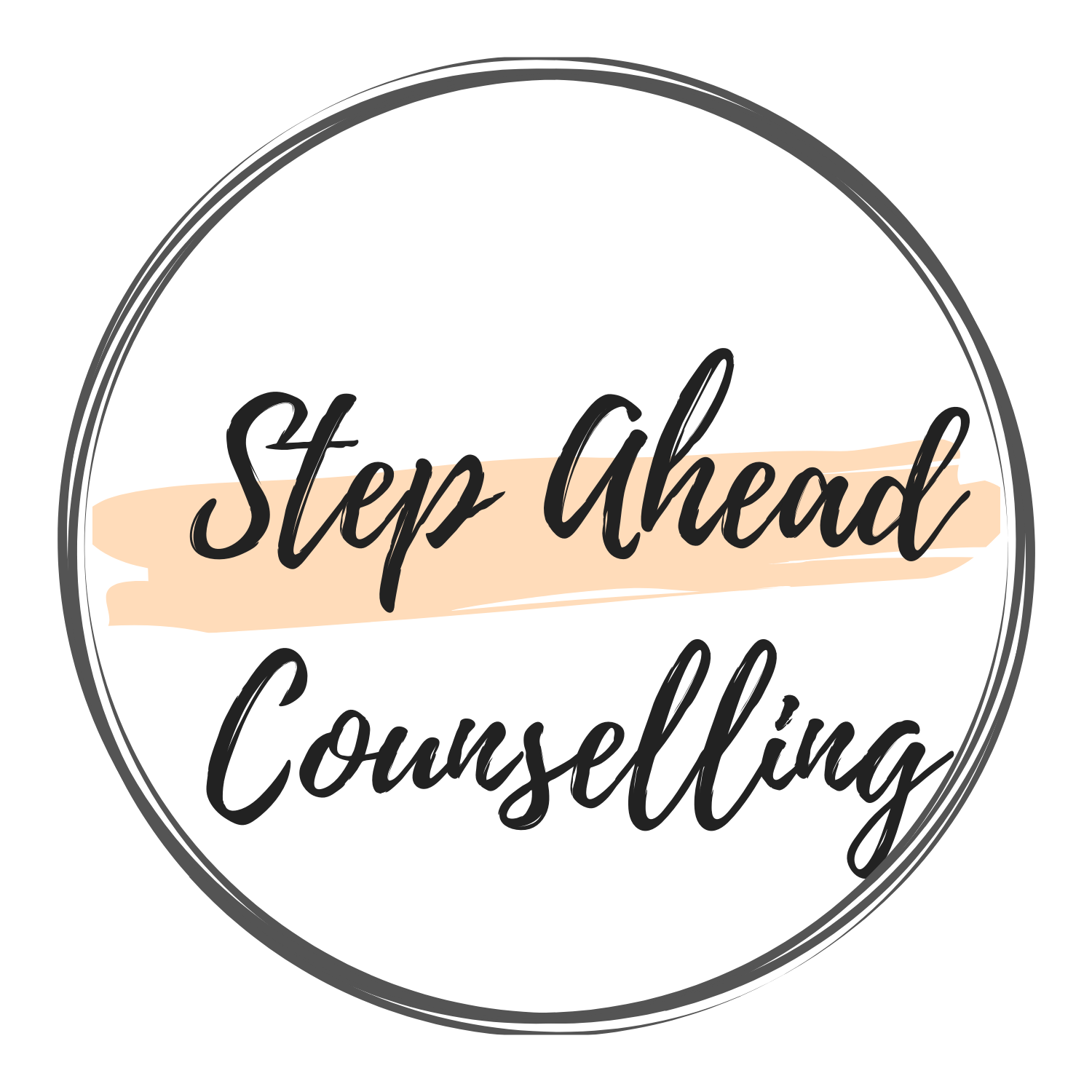How trauma affects people differently, an example
Did you know that two people who experience the exact same traumatic event will respond differently to the trauma? For one person the impact may be minor for the other it can cause severe distress.
There are many variables for this, and some of these include neurobiological differences, different levels of internal and external resources (e.g. support systems, cognitive self-talk, access to mental health care, etc.), differing coping strategies, and previous trauma history.
Allow me to give you an example of how the same trauma event can affect two people differently.
Mary and Priya are in a car accident and both cars are a write off. Both are understandably shaken and call their family for support.
Mary's Mother answers straight away and rushes to Mary's side, along with her Father who comforts Mary and assures her that everything will be ok. They help Mary call her insurance and assist when the tow truck arrives. Mary can borrow her family's spare car to get to work, and she is financially secure enough to support herself with incidentals including counselling.
Priya calls her Mother, who does not answer her call, and she has no other family in Australia. Her friends are at college and no one can come to comfort her. Priya could only afford basic car insurance so knows she will be without a car for a long time and gets even more stressed. Additionally, Priya left a war-torn country, so the sound of the 'bang' when the car hit her triggered her nervous system, and she cannot find her calm. She knows money is tight in the family, and without her car she cannot get to work. Access to counselling is not an option for her and isn’t something she even knows she will need. Her Mum finally answers her call, but instead of being supportive, she yells at Priya calling her careless, and reminding her that they won’t be able to afford rent if she cannot get to work. Priya is still alone.
Can you see how the same event can affect two people differently? An event may have little impact on one person but cause severe distress in another. Other stressful situations which appear less severe may still trigger traumatic reactions in some people. It is important to focus on how a person experiences an event and the impact it has on them.
One of the most crucial tools after a traumatic event is support. Talk to people as much as you need to. Reach out. You may experience a need to talk repetitively about the trauma, that’s ok. However if the trauma is starting to affect your daily life after a few weeks, or if you misuse alcohol or other drugs to deal with the trauma or you feel depressed/suicidal it is essential you get professional help as soon as possible. Talking to a professional counsellor at any point after the trauma can be an effective was to walk through the emotional aftermath of a tragedy.
